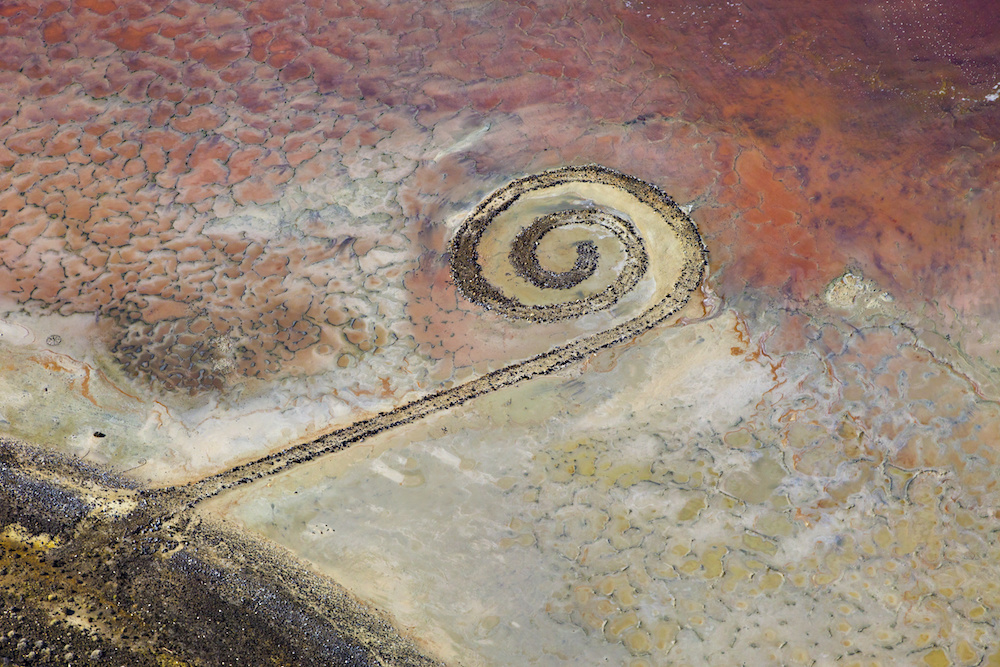We’re away until January 4, but we’re reposting some of our favorite pieces from 2020. Enjoy your holiday!
I was listening to an episode of the BBC podcast In Our Time, on which a group of English scholars was discussing the French philosopher Henri Bergson, when one of them mentioned an essay called “The Unreality of Time,” originally published in 1908, by a philosopher named John McTaggart. The phrase startled me—I was writing a book called The Unreality of Memory. It’s possible I’d heard the title before and forgotten I knew it—as the scholars note, it is a famous essay. (“Is forgotten knowledge knowledge all the same?” is the kind of question we asked in my college philosophy classes.) In any case, I had never read it. I paused the podcast and found the essay online, curious what I’d been referencing.
McTaggart does not use “unreality” in the same way I do, to describe a quality of seeming unrealness in something I assume to be real. Instead, his paper sets out to prove that time literally does not exist. “I believe that time is unreal,” he writes. The paper is interesting (“Time only belongs to the existent” … “The only way in which time can be real is by existing”) but not convincing.
McTaggart’s argument hinges in part on his claim that perception is “qualitatively different” from either memory or anticipation—this is the difference between past, present, and future, the way we apprehend events in time. Direct perceptions are those that fall within the “specious present,” a term coined by E. R. Clay and further developed by William James (a fan of Bergson’s). “Everything is observed in a specious present,” McTaggart writes, “but nothing, not even the observations themselves, can ever be in a specious present.” It’s illusory—the events are fixed, and there is nothing magically different about “the present” as a point on a timeline. This leads to an irresolvable contradiction, to his mind.
from The Paris Review https://ift.tt/3aPwbOO

Comments
Post a Comment